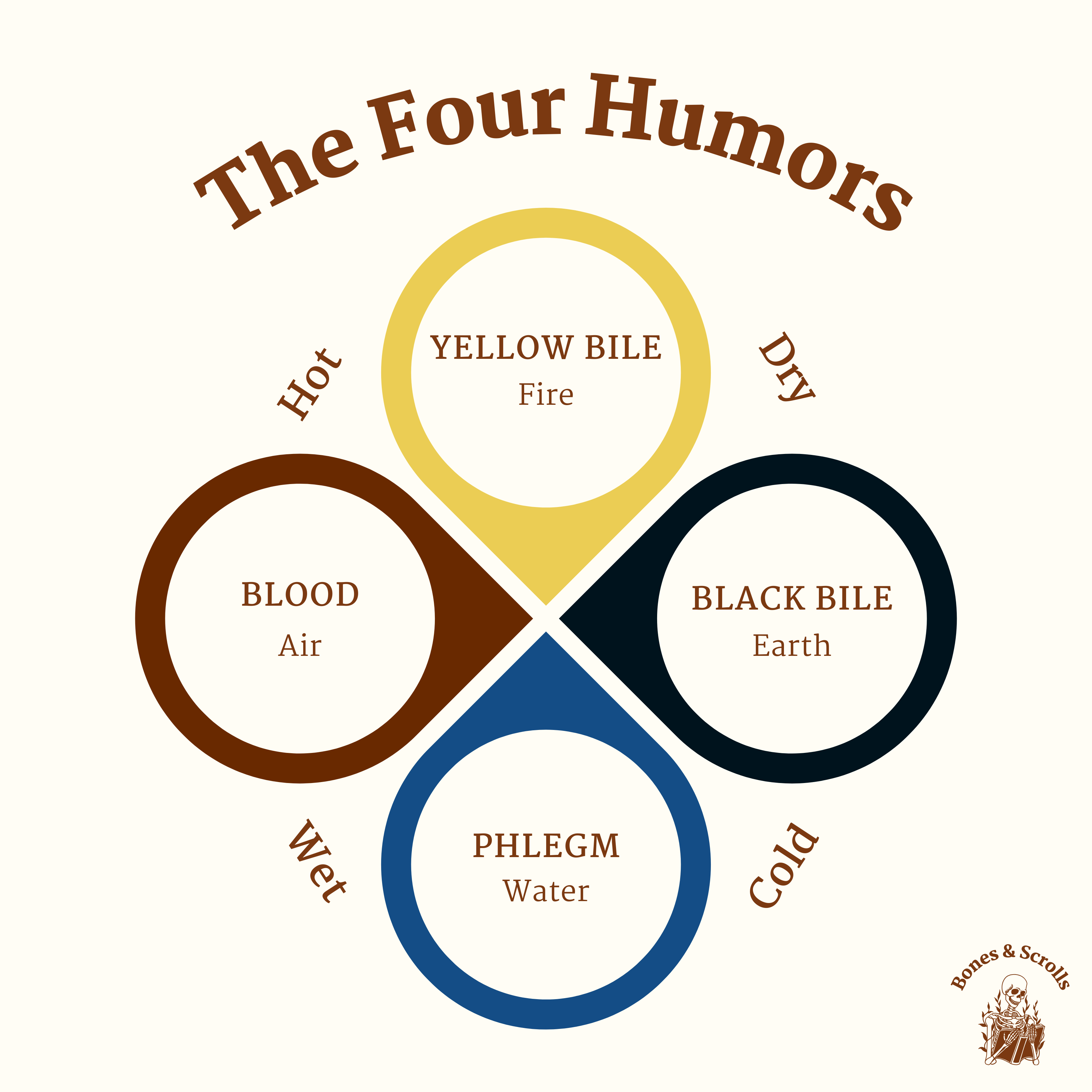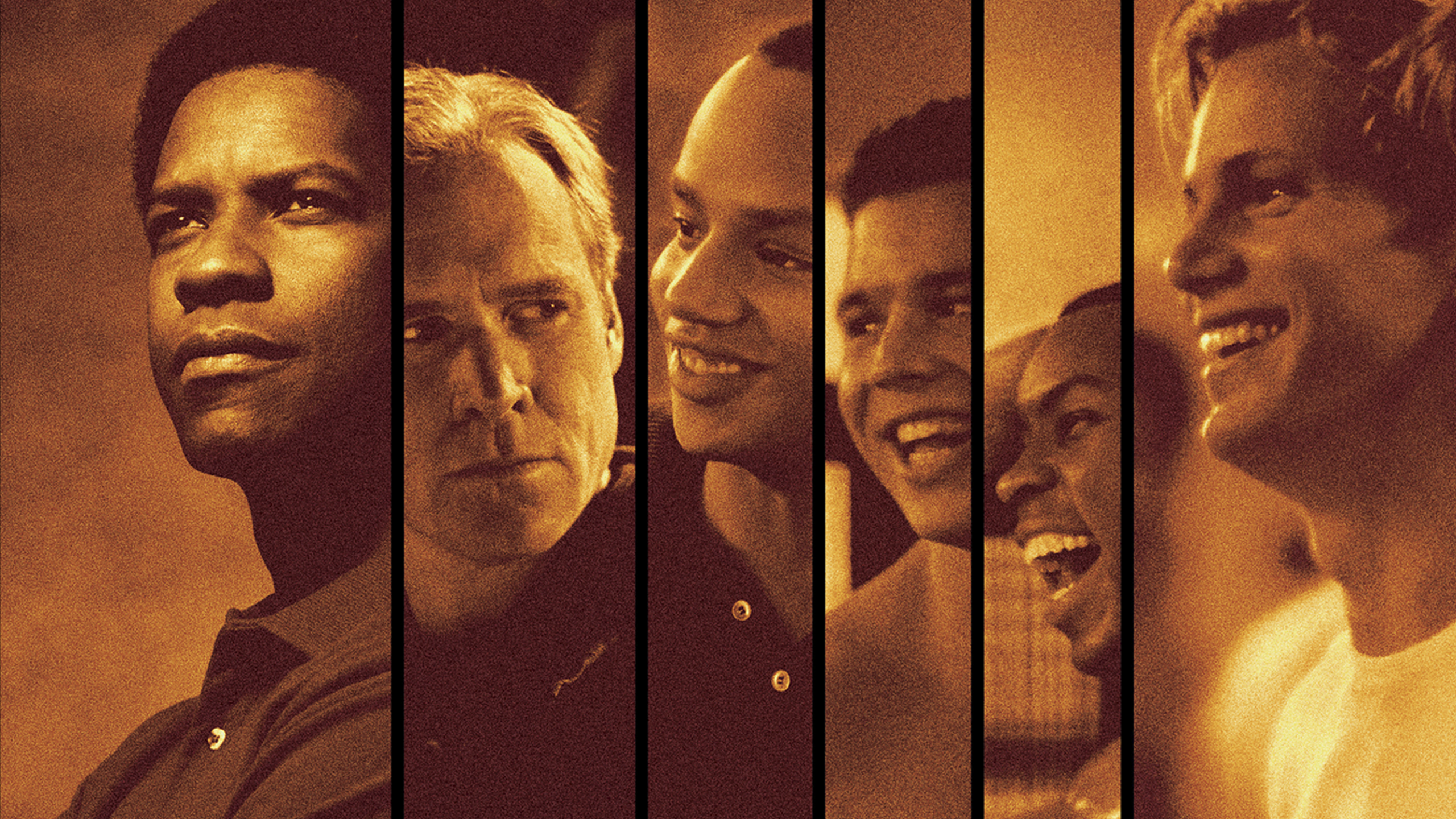- Nov 23, 2021
- 1,999
- 660

⛲ Humorism or fluid mechanics in ancient medicine
Roses are red, blood is hot, and phlegm, in all its cold, moist glory, reigns supreme.

Well, it certainly is a colorful theory.
And it purported to explain almost everything about health, but actually . . . it explained very little. I think the goal was to “balance” the 4 humors, but it practice, that just meant whatever idea the healer pulled off the top of his or her head. And it’s a shame that all the human thought and effort put into this . . . didn’t amount to much.
We were better served by smaller theories of health and healing, more closely connected with observation.
And I’m going to draw an analogy and say the same is probably true on ethics —
the “big” theories on how to lead our lives are not all that much help,
but smaller sets of skills probably are.
Last edited:






